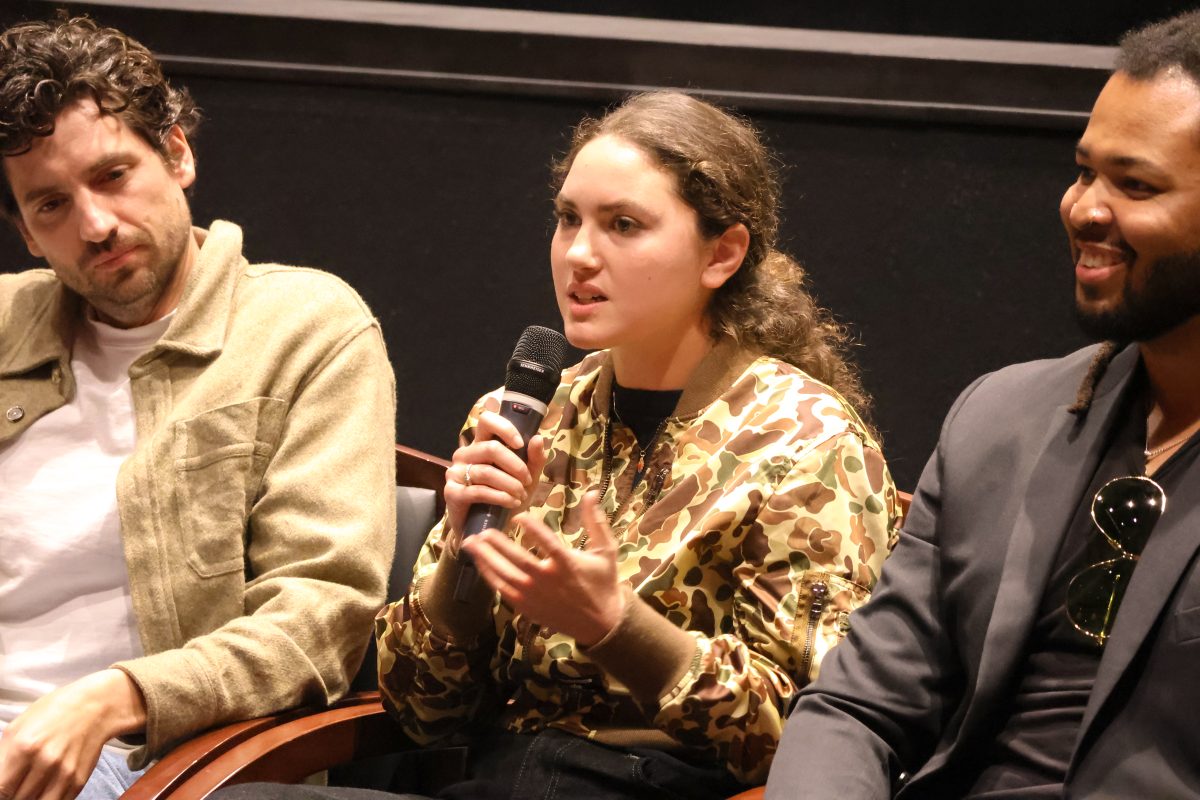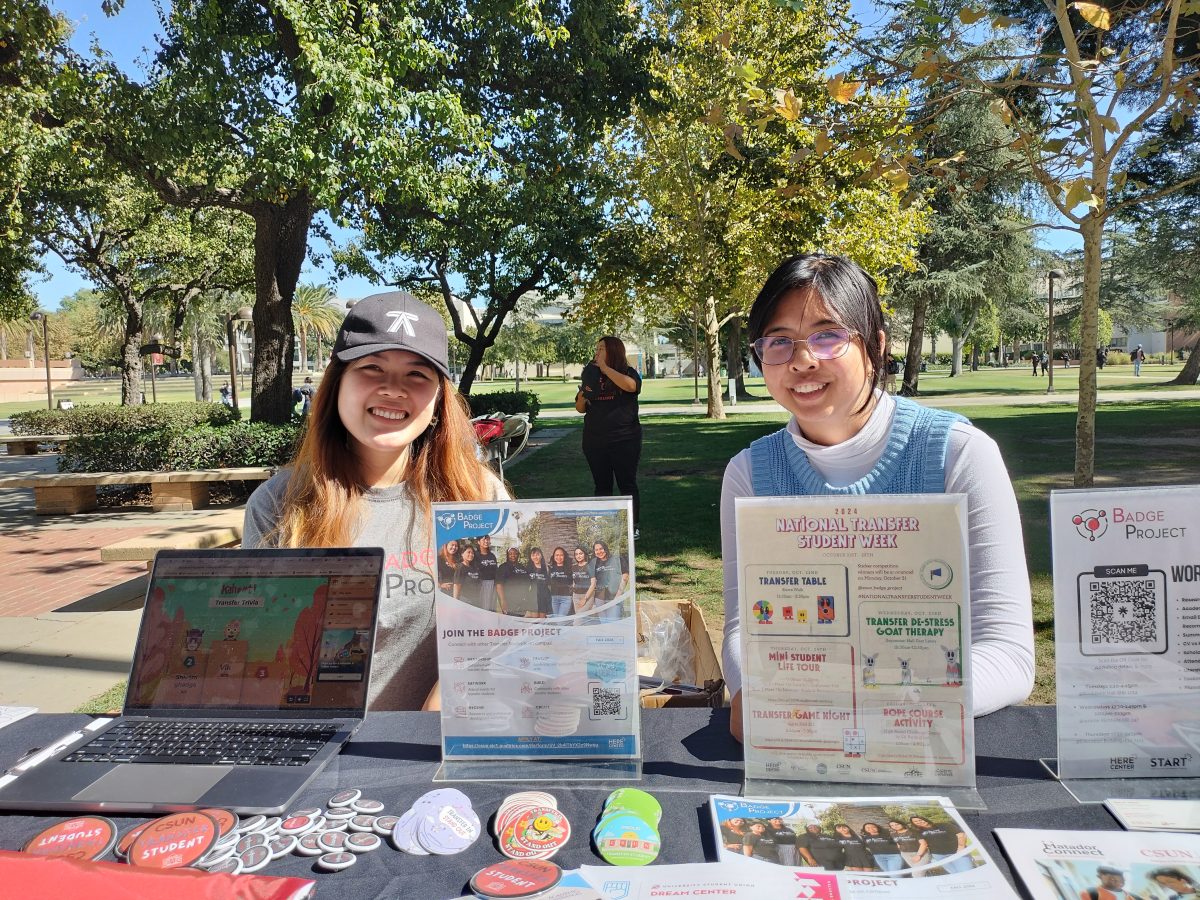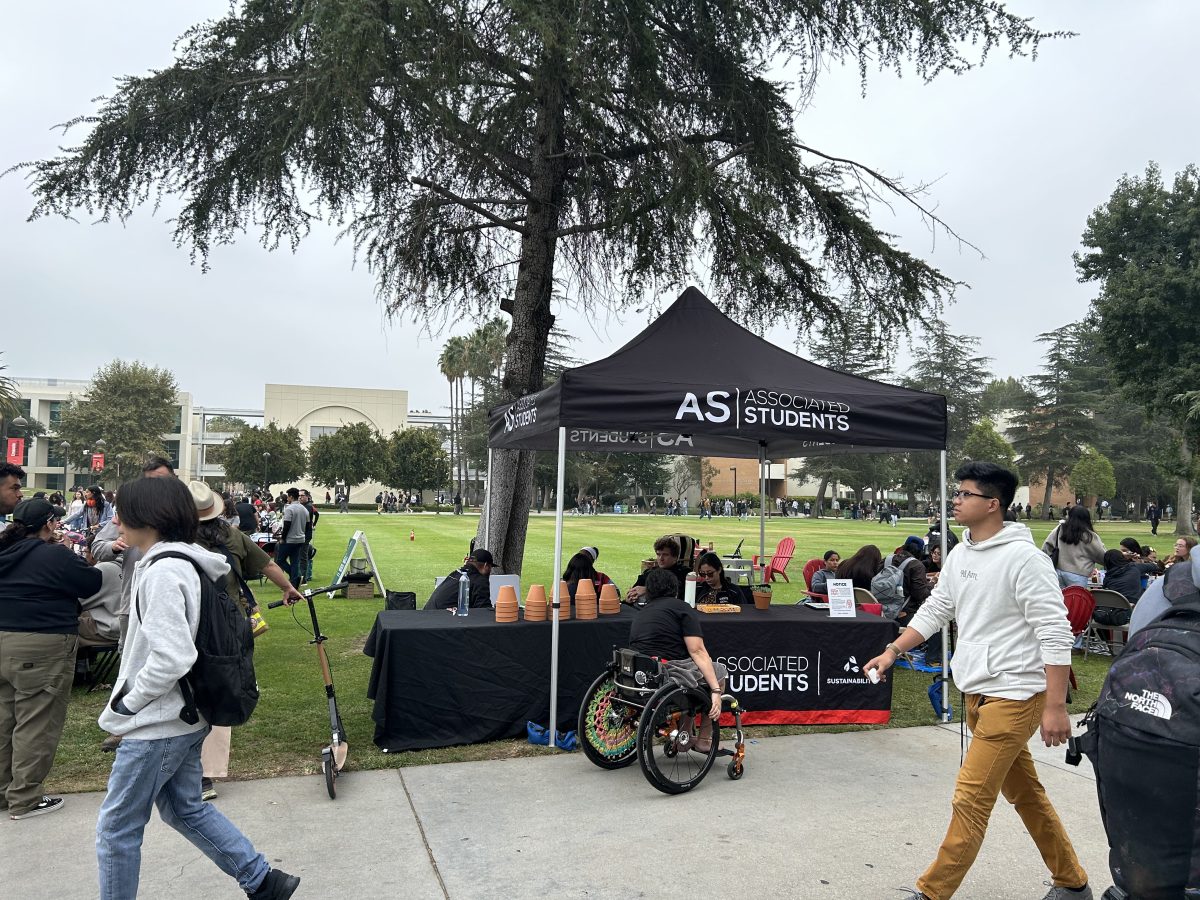CSUN will implement a new CSU policy called the “Mandatory Reporting of Child Abuse and Neglect,” which requires all CSU employees, including student employees, janitorial staff and food service workers, to report suspected cases of child abuse or neglect to an on-campus Mandated Reporting Coordinator (MRC).
The policy, published Dec. 21, 2012 as Executive Order 1083 by former chancellor, Charles b. Reed, did not take effect until Jan. 1, 2013.
According to the order, the new policy follows amendments made to the California Child Abuse and Neglect Reporting Act (CANRA), signed by Gov. Jerry Brown in September 2012.
The amendments were made by four different California assembly bills and added four new classes of persons to be defined as mandated reporters. The four classes include employees or administrators of a public or private postsecondary institution, athletic coaches, athletic administrators or athletic directors employed by any K-12 public or private school, any athletic coaches, assistant coaches or graduate assistants involved at a public or private post-secondary institution and commercial computer technicians.
The executive order states that when an employee, “in his/her professional capacity or within the scope of his/her employment, has knowledge of or observes a child (i.e. person under the age of 18 years) whom the employee knows, or reasonably suspects, to have been the victim of child abuse or neglect, the employee must report the incident.”
California Penal Code 11164-11165.6 defines abuse of a minor to include sexual assault, such as rape, molestation or incest; sexual exploitation, such as forcing a child into prostitution or pornography, or selling or owning child pornography; and submitting a child to “unjustifiable physical pain or mental suffering.”
It defines neglect as the “negligent treatment or the maltreatment of a child by a person responsible for the child’s welfare,” including failure to provide food, clothing, shelter or medical care.
Any CSU employee must report suspected child abuse or neglect “immediately, or as soon as practically possible,” to the police department and file a mandated report within 36 hours of receiving the information.
Under these new amendments to CANRA, any CSU employee who fails to report any suspected or known cases of child abuse or neglect will be charged with a misdemeanor punishable by up to six months in jail, a fine of $1,000 or both.
If the unreported case causes death or “great bodily injury,” the failed reporter, administrator, supervisor who “impeded or inhibited the report” will face up to one year in jail and a fine of $5,000 or both.
The order states that failure to report will not automatically result in termination of that employee, but that the campus president would make a determination on a case-by-case basis.
According to CSU representative Stephanie Thara, faculty, staff and student employees will receive “interactive online training,” which will prepare them to identify and report suspected cases of child abuse.
All employees will need to sign an acknowledgement of the new policy as well as a “Certificate of Training Completion” within four to eight weeks, respectively, and any future CSU job listing will include an announcement regarding the new policy.
As the policy is being implemented on a CSU-wide level, Thara said she could not provide more details about who will author the training, what exact date the training will be made available or how much it will cost.
CSUN’s designated MRC is Jill Smith, coordinator of human resources. Her new responsibilities as the MRC will include ensuring that all employees are provided with and complete proper paperwork, coordinating and consulting with campus administrators such as the police department, university counseling, faculty and student affairs, the title IX coordinator and parents or guardians of the child.
Smith will also need to be available to assist employees with questions about the reporting procedure as well as “identifying whether or not there is a reasonable suspicion that abuse has occurred.”
Smith said that she is waiting for “clarification of a few items from the chancellor’s office” and could not answer any questions about further details at this time.
Representatives at the office of the president said Smith will not receive any extra pay for her new responsibilities.
Carmen Chandler, director of news and information at CSUN, said the administration is “still exploring possible communication strategies” since the policy is still new. At this time, neither CSUN students nor CSUN student employees have been informed of the policy.
“We have not yet implemented (the order) at this time, but expect to do so in the coming weeks pending further clarification on a few items,” Chandler said. “When it is implemented, all employees including student employees will be provided specific information about the requirements of the order in compliance with the California Child Abuse and Neglect Act as well as the resources that are available to them.”
The Associated Students was informed of the new policy in the last few weeks and expressed concern over how the policy will affect students.
Senator Karen Medina, representing the Mike Curb College of Arts, Media and Communication, said that while she understands why people might support the policy, she worries that the policy might negatively affect students’ sense of safety and openness in classrooms, as well as in support groups such as the Women’s Research and Resource Center (WRRC) or the Pride Center.
She is the student director at the WRRC and wonders how the policy will affect the “Take Back the Night” events every spring semester.
“An important and empowering component of this event is the Survivor Speak-Out/testimonial where survivors or anyone affected by sexual violence share their stories as a way of making that transition from victim to survivor,” said Medina. “(It is) a way of dealing with that experience while receiving support from the community and seeing they are not alone.”
Medina is not convinced that mandated reporting will help survivors of abuse to heal from their experiences.
“Ultimately, there’s the question of agency – whether the person has the ability (and who controls it) to make decisions about their experience and how they share it, how they talk about it, how they heal,” said Medina.





